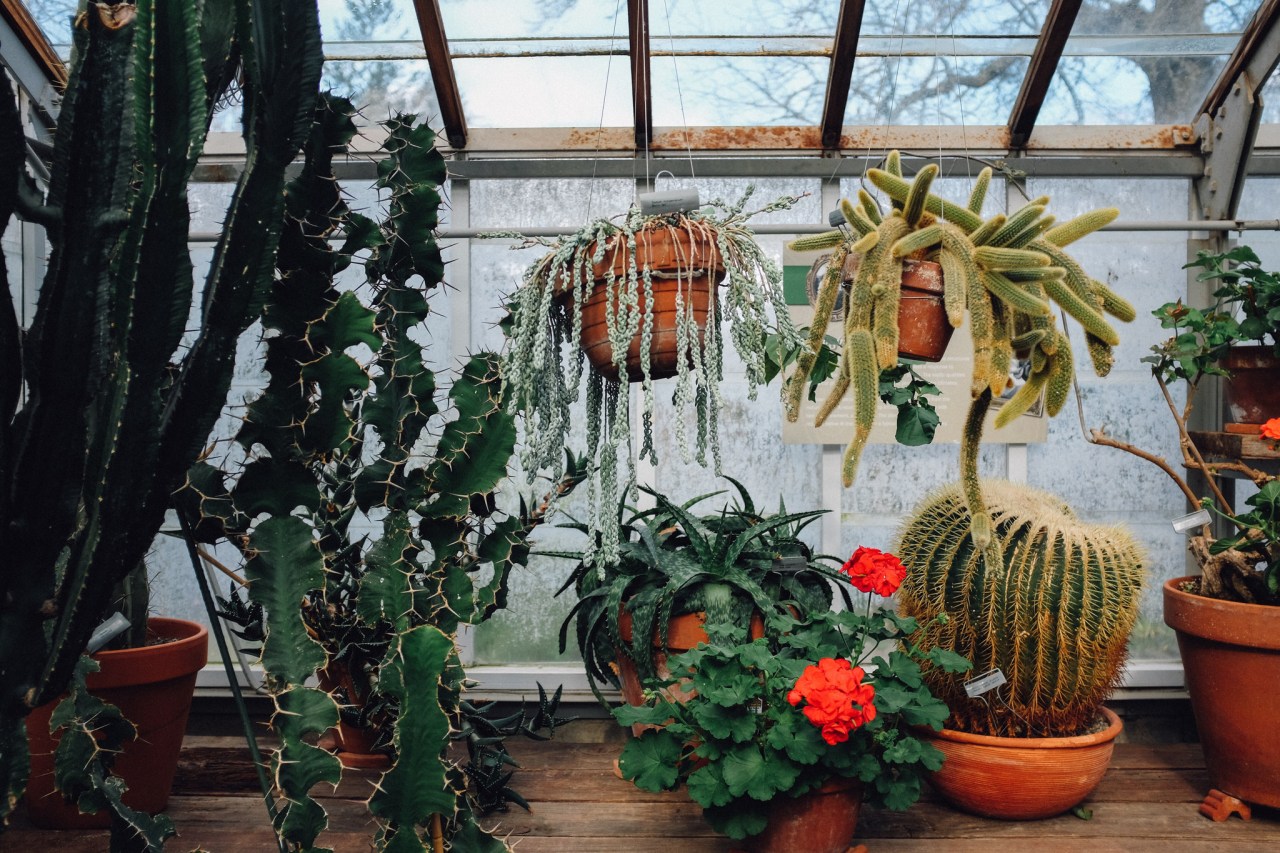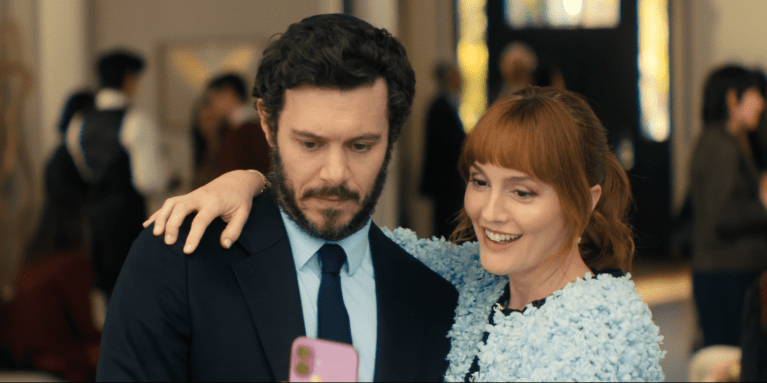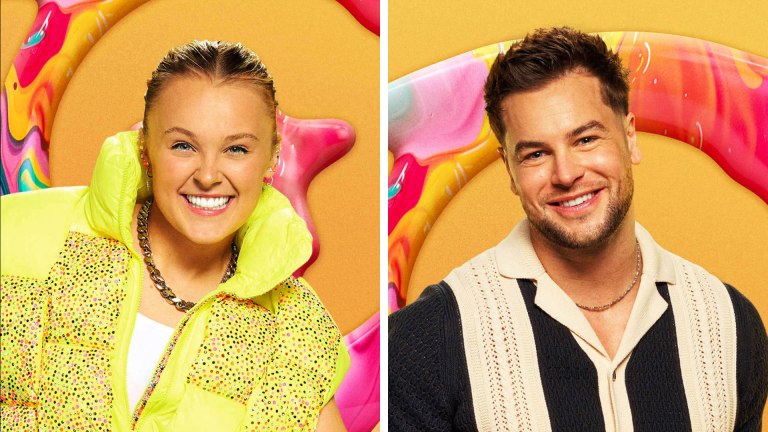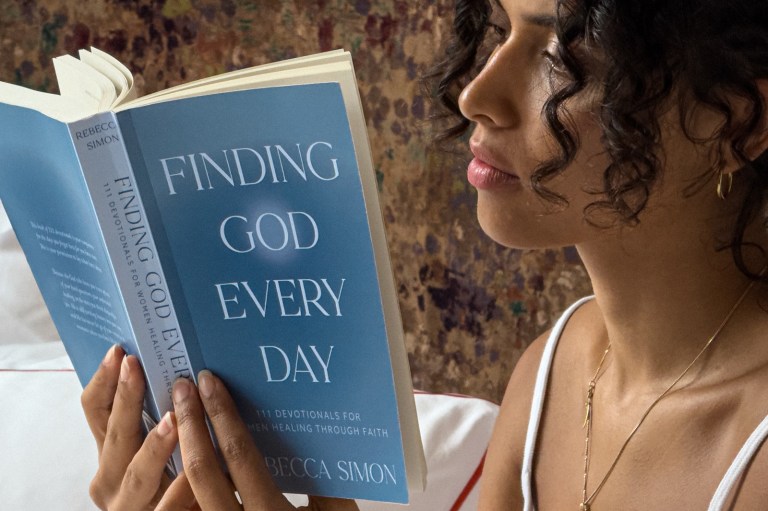
Everything I Loved More Than You
The truth is, I loved you, yes, but I crowded my heart with other things when I did (out of necessity, out of truth).
By ![]() Kate King
Kate King
It’s been a while. I like to think that the years between us are separate riverbanks, silty and eroded and broad.
Because they are riverbanks, however, that doesn’t mean I don’t see you wandering the stones on the other side—occasionally. You see me, too. This sometimes makes you trip on one of those river rocks.
(They’re slippery.)
I’m looking well these days, as you’ve noticed. I cut my hair, you know. I’ve discovered a passion for bralettes. I have some mud on my boots, but this makes me stand taller. I’m still writing. I still have an affinity for lists.
I actually have one for you today. It’s quite easy to read. I think it’s more palatable than a letter.
Lists are definitive things, entire worlds bounded by numbers, begging nothing more than to be read, taken in piece, taken as a whole.
Lists tend to linger more than letters, anyways. They float in handbags, they hide out in glove boxes. They are never quite finished. They have an air of infinity about them.
This list is my gift to you, my only gift for you, now. The truth is, I loved you, yes, but I crowded my heart with other things when I did (out of necessity, out of truth).
Some small things, some big. But eventually, these things crowded out all I knew about you.
(That’s when I left.)
Train rides.
We rode trains, you and I. There was that one train from New York, for example, after we ate at that Cuban restaurant near Harlem that made my gums sting.
But I rode more trains to you, alone, than we rode trains together. It trained me (pun intended) to love the rhythm of rail tires, the thrill of strangers in carpeted seats.
Once, I met a stranger on a train and told myself I’d fallen in love. He had very bright teeth and I got off the train with him, hours before my actual stop. We wandered a brilliant blue bay and he kissed me after buying me a blouse. I still have that blouse.
Because I had to take so many train rides to you, I learned to love this way of travel. When I wasn’t falling in love with strangers, I wrote. I read. I peeled oranges so that the scent would stay on the train after I left.
And when you were with me on a train, you didn’t acknowledge me. Something about the train’s movement always made you into a stranger. You sat as if against a board and slept.
That one man’s look on the subway.
When it was bad, when it was really bad, I looked forward to those 1.5-hour commutes into the city. I melted into the subway seats, pretending you didn’t exist.
There was always one man who got on five stops into my commute. He stood at the end and gripped the pole and looked at me. And, yes, I let myself look back. We held each other’s eyes for at least three stops beyond that.
We never shared a word.
This wasn’t infidelity. This was hope. This daily look made me feel adored, impossibly, every morning on my way to work.
The name “Eric.”
Still, when it was bad, there was my colleague at work. His name was Eric. He wore glasses and had a kind face. As I waited for the coffee maker to spit out an acidic cup of Prairie Gold, he talked to me.
When I walked by his office, he stood at a standing desk and waved.
Every Eric since then I have loved. It is a kind name designating kind people. If I wasn’t so sad, I would have said more to that Eric, at that time (or the man on the subway).
(Now, fortunately, I’ve found an Eric of my own.)
Succulents and bean bag chairs.
There was something stifling about you, sometimes, particularly when you were angry. I learned to love green things, especially succulents, because they didn’t stifle—they taught me about growth and stretching out my limbs and making dark spaces beautiful.
After I left you, I bought racks of succulents and tended to their thick, ample leaves.
I also loved bean bag chairs.
You know, the kinds that sit around in doctor’s offices and on college campuses. I loved them not because they felt therapeutic—they actually can be—but because they snatched away some of the pain. I liked to think that the bean bag chairs at my office held me better than you, and always willingly.
They never said no. They welcomed my form, sad or sensual or striving as it was in that given moment.
Laundry.
I’ve always loved laundry. Lately, I’ve learned to love it even more. (I even write blog posts about laundry. Imagine that.)
When I was with you, I needed something to do with my hands. So I washed everything, all the time, as often as I could. I even washed your clothes and folded them all in impeccably organized piles.
(You never thanked me for this.)
There was something about cleaning that made me feel better, around you. It made me feel sane. Soap, after all, can always take out stains. It is dependable in that way. It doesn’t question.
Puns at Trader Joe’s.
There was a Trader Joe’s across the street from our apartment. This became my sanctuary, not only because the groceries there were cheap and packaged in happy bags (and all the clerks were nice to me).
They had cheese puns on the wall in the cheese aisle. I’m not kidding.
These made me laugh. These made me buy cheese, even when I didn’t have the cash to do so (it was tight back then). I felt that if there was someone out there thinking about cheese puns, all had to be right with the world.
Phone calls with your grandmother.
I told your grandmother about the abuse. She called me twice a week and even sent me text messages with emojis.
She couldn’t believe it, at first. I don’t think she wanted to. (Neither did I).
But she did hear it from me. She did hear the truth, woman to woman. And I think she loved me, too. (She may still.)
Secret letters.
I didn’t write much when I was with you, but when I did, it was in secret. Microsoft Word was my companion, the blank face that listened to everything I had to say.
Gmail, too. I sent emails to people I loved and wrote them from the heart. They told me to leave you. But I didn’t listen to them, in the end. I listened to myself.
Now that I’ve left you, I write all the time. None of my letters are secret. My voice is free.
Elevators and apple pie.
There was a third kind man in the city, on my way to work. He stood in the lobby, wearing a security uniform. He watched me climb the elevator every morning and exit it every night.
He talked to me, too. He thanked me for my smile. We talked about all kinds of things—his sister in town, how to fix the shingles on his roof, his love of art.
He asked me how work was. (You never did.)
I made him an apple pie for Thanksgiving. The crust was so tough that the pie looked as if it was layered with breaded snakes. I apologized for how ugly it was.
When I gave it to him, he cried.
Myself.
You see, that’s the real reason why I left. I loved myself more. I’m quite alluring, you know. I’m witty and kind. I make a damn good vegan brownie bar. I hold stories in my palms, and people like to read them.
They say I have the best pair of legs this side of the Mississippi.
But more than anything, I’m ripe with deserving.
I was always riper than you, in this regard. And when it comes to deserving, I tend to flock to those who deserve kindness most.
You’ll understand, then. I left you for me. I loved me more. What can I say? The choice was easy. I’m infinitely happy. There was no grieving necessary.
They say that’s when you know it’s real: when the tears still flow, but your eyes still shine.
TCID: kate-mcgunagle











